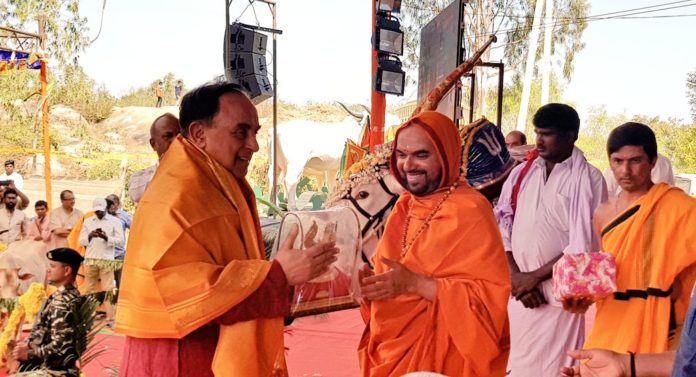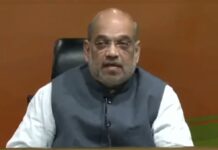Sitaram Yechury, Communist Party of India-Marxist`s (CPI-M) General Secretary, reiterated yesterday that their party has begun rallying other opposition parties for bringing an impeachment motion against the Chief Justice of India, Dipak Misra. Yechury had met with Tariq Anwar, NCP leader, and Sharad Yadav, JD (U) leader and conferred that the Judiciary was unable to address issues flagged by the Supreme Court judges, therefore, the right time for the legislature and executive to get together and solve the crisis.
Subramanian Swamy, Bharatiya Janata Party (BJP) leader on Wednesday discouraged CPI (M) agenda from introducing an impeachment motion against Dipak Misra during the budget session scheduled to be held on January 29. Swamy averred that CPI-M’s Yechury might not know the procedures in parliament. He said that in parliament one would need majority votes; an aspect the opposition does not have. As such, Yechury was just trying to show their strength by saying such meaningless things.
The crisis at the apex court was unveiled when four Supreme Court judges released a press statement accusing Dipak Misra of violating the conventions of his mandate as the master of the roster. The four Supreme Court judges are Justices Ranjan Gogoi, Kurian Joseph, J Chelameswa and Madan B Lokur. The press statement was a first for the apex court judges.
Process of Impeachment and governments Take
The first step during the impeachment process is to admit the motion which is done by the Rajya Sabha Chairman. Upon admission, it is referred to a two-judge and one senior advocate committee who then investigate the allegations laid against the Chief Justice. At this point, the person whom the motion is moved against (Dipak Misra) gets a chance to put across his point in writing to the committee.
The government feels that India’s judiciary is an exemplary one even when compared globally. It is their take that issues of the judiciary are left independent; that the judiciary itself should resolve problems of the judiciary. Echoed by Subramanian Swamy, the opposition does not have the two-thirds strength required to pass the motion. On the other hand, the opposition may move to take the proposal to the Upper House where it only needs 50 signatures from members but against Lok Sabha’s 100 member signature.
A likely scenario is the opposition will not manage to have the impeachment motion passed.




